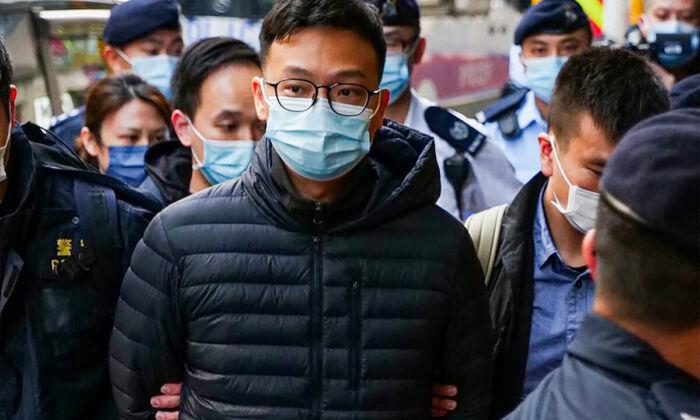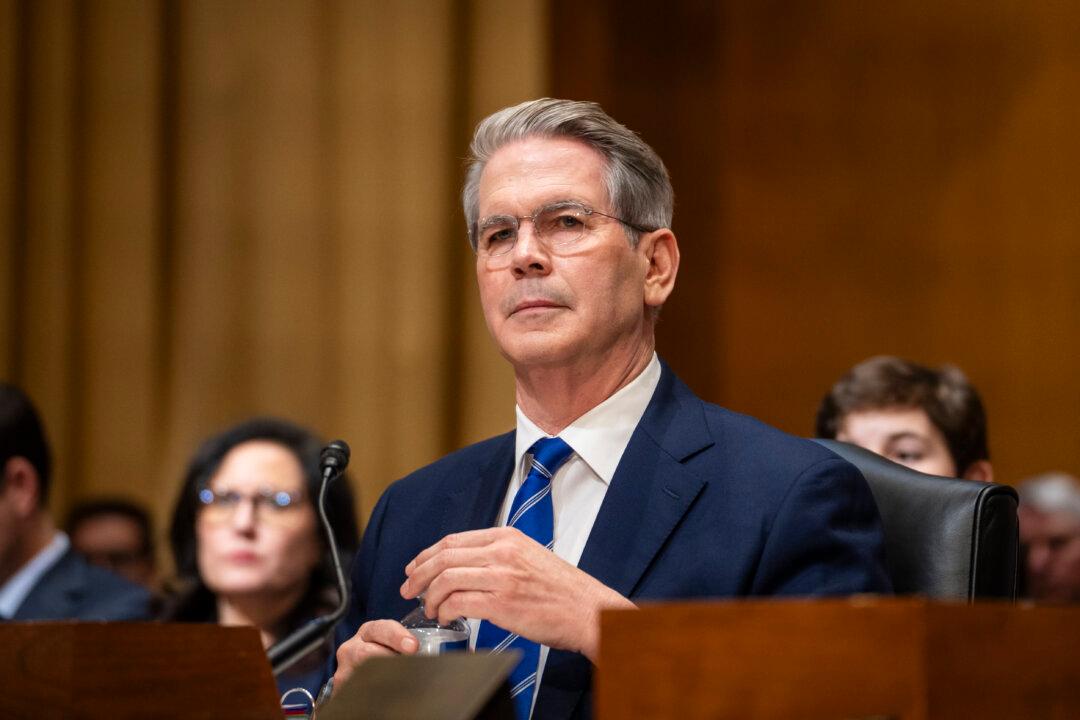A Hong Kong court on Dec. 30 denied bail to two former senior editors from Stand News charged with conspiracy to publish “seditious” material. They were among seven arrested a day earlier in a police crackdown on their pro-democracy media outlet that drew international condemnation.
Chung Pui-kuen, the outlet’s former chief editor, was the only defendant who appeared in the West Kowloon Magistrates’ Court Thursday.
Patrick Lam, who was acting editor-in-chief at Hong Kong’s Stand News before he resigned following his arrest on Wednesday, applied for bail by his lawyer as he was in hospital.
Those arrested were accused of engaging in the “conspiracy to publish seditious publications” under a colonial-era ordinance.
Four former board members, including pop singer and activist Denise Ho, barrister Margaret Ng, and Christine Fang, were released from police custody on Thursday afternoon, according to local media outlets. They were not charged yet.

The next hearing for Chung and Lam is set for Feb. 25. If convicted, they could face up to two years in prison and a fine of up to 5,000 Hong Kong dollars ($640).
“A confident government that is unafraid of the truth embraces a free press,” Blinken said in a statement.

Zhao Lijian, China’s foreign ministry spokesperson, defended Hong Kong’s police during a daily briefing on Dec. 30, saying the action “has nothing to do with freedom of press or freedom of speech” but to “maintain social order in Hong Kong.”
Zhao denounced international criticism, stating “no country, organization or individual has the right to interfere in Hong Kong affairs.”
Meanwhile, Zhao told reporters at the briefing that the communist regime is imposing sanctions on five current and former U.S. officials, in response to Washington’s efforts to pressure Beijing over its suppression of democracy in Hong Kong. The targets include former Commerce Secretary Wilbur Ross and U.S-China Economic and Security Review Commission Chairman Carolyn Bartholomew.
Unlike other mainland cities, Hong Kong had once enjoyed press freedom, which is protected by the city’s mini-constitution, known as the Basic Law. The Chinese regime had promised to preserve this and other rights guaranteed under Basic Law when the city was transferred from British rule in 1997.
Over the years, the regime has introduced a series of measures resulting in a steady rollback of the city’s autonomy and democracy, especially following the national security legislation. Since the vaguely-worded legislation took effect, Hong Kong police have arrested more than 100 pro-democracy proponents, leading to more than 60 charges—mostly against democratic politicians, activists, journalists, and students.

In response, a spokesperson for the Hong Kong government said freedom of speech and freedom of the press “can be restricted for reasons including protection of national security,”
The authorities added they would “guard against any acts endangering national security, and will bring any person or entity violating the law to justice regardless of background.”
Stand News’ UK bureau has also ceased operation, the bureau’s chief, Yeung Tin-shui, announced on his Facebook page on Thursday. Yeung added that he has also resigned from his position.





